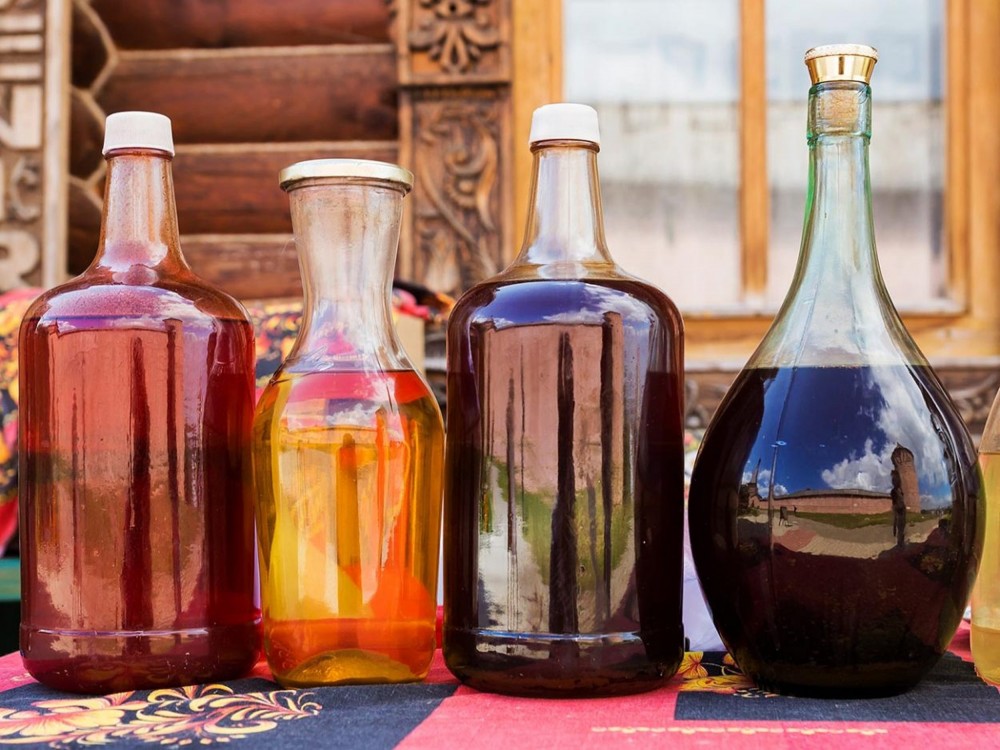
The presented article aims to highlight the process of the release and consolidation of Russian alcohol in the European markets in the second half of the XIX century. The study of this topic is becoming particularly relevant and important at today's turning point in the history of international relations. The author draws attention to the fact that alcohol appeared late in the list of goods exported from Russia. Only under the influence of the rules introduced by the wine reform of 1863, alcohol production in Russia grew and came in discrepancy with the needs of the domestic market, significantly exceeding them. The Government has taken measures to promote Russian alcohol to the European market, exempting the percentage of alcohol exported from excise duty and reimbursing suppliers for travel costs. The main buyer of the Russian product was Germany, which willingly purchased cheap raw alcohol from Russia, cleaned it and sold it at a high price to Spain, France, Italy, where alcohol was used for fixing grape wines. Russian alcohol producers made attempts to independent foreign trade activities, but the low quality of the domestic product, the shortage of containers, the lack of convenient transport routes, ignorance of the market of the countries where alcohol supplies were planned, all this restrained the size of alcohol supplies abroad. The final consolidation of Russian alcohol on the European market was carried out in the late 1880s and early 1890s. Russia, despite the difficult competition, managed to improve the quality of alcohol and take one of the leading places among alcohol suppliers to Europe.
Source: Natalia Ye. Goryushkina (2022) Russian Alcohol on the Markets of Europe in 1863–1893. Bylye Gody. 17(2): 739-748
Source web-site: https://bg.cherkasgu.press/journals_n/1654179492.pdf
Number of views: 2168